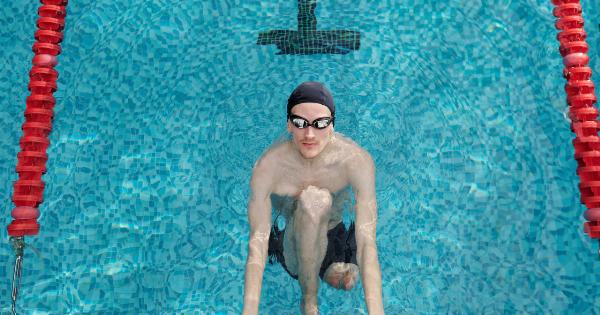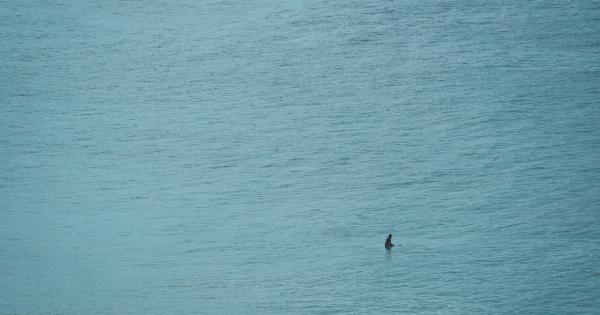Swimming is considered one of the best forms of exercise as it works all the major muscle groups in the body. Swimming is also a great cardiovascular exercise that helps improve overall fitness and health.
However, just like any other form of exercise, it requires proper nutrition and energy to perform at your best. One common question that swimmers often ask is whether it is necessary to eat for three hours before swimming. Let’s find out.
Why is it important to eat before swimming?
Like any other physical activity, swimming requires energy to perform at your best. Eating before swimming helps fuel your body with the necessary nutrients and energy to perform at your maximum capacity.
Eating before swimming is especially important if you are swimming for an extended period, such as in a competition or a long training session. Eating before swimming helps prevent fatigue, improve performance, and speed up recovery.
How long before swimming should you eat?
It is generally recommended that you eat at least 30 minutes to an hour before swimming to allow your body to digest the food properly. Eating too close to swimming can cause discomfort, nausea, and indigestion, which can affect your performance.
However, this timing can vary depending on the individual and the type of food consumed. Some people may require more time to digest certain foods, while others may feel comfortable swimming soon after eating.
What should you eat before swimming?
The type of food you eat before swimming can have a significant impact on your performance. Ideally, you should eat foods that are rich in carbohydrates, which provide energy for your muscles.
Some good choices include whole grains, fruits, vegetables, and low-fat dairy products. You should also avoid foods that are high in fat, protein, or fiber, as they can take longer to digest and cause discomfort during swimming. Examples of foods to avoid include fried foods, red meat, and high-fat dairy products.
Is it necessary to eat for three hours before swimming?
The idea of eating for three hours before swimming is based on the premise that it takes about three hours for food to digest fully.
While this may be true for some types of food, such as high-fat or high-protein meals, it is not always necessary to wait for three hours before swimming. As mentioned earlier, the timing of food consumption can vary depending on the individual and the type of food consumed. Some people may feel comfortable swimming soon after eating, while others may require more time to digest their food properly.
What are the benefits of eating for three hours before swimming?
While it may not always be necessary to eat for three hours before swimming, there are some potential benefits.
Eating for three hours before swimming allows your body to digest the food properly, which can help prevent discomfort, nausea, and indigestion during swimming. It also provides your body with a steady supply of energy, which can help improve performance, prevent fatigue, and speed up recovery.
Finally, eating for three hours before swimming can help ensure that you are adequately hydrated, as it gives your body enough time to absorb the water from the food.
What are the disadvantages of eating for three hours before swimming?
While there are some potential benefits of eating for three hours before swimming, there are also some potential disadvantages.
First, waiting for three hours to eat before swimming can be impractical for some people, especially those with busy schedules. Second, some people may feel uncomfortable swimming with a full stomach, even if they have given their body enough time to digest the food properly.
Finally, eating for three hours before swimming may not be necessary for everyone, as some people may feel comfortable swimming soon after eating.
What is the bottom line?
Eating before swimming is essential to ensure that your body has enough energy and nutrients to perform at its best.
While it may not always be necessary to eat for three hours before swimming, it is essential to eat at least 30 minutes to an hour before swimming to allow your body to digest the food properly. The type of food you eat before swimming can also have a significant impact on your performance. Ideally, you should eat foods that are rich in carbohydrates and low in fat, protein, and fiber.
Finally, the timing and type of food consumption can vary depending on the individual, the type of food consumed, and personal preference.






























